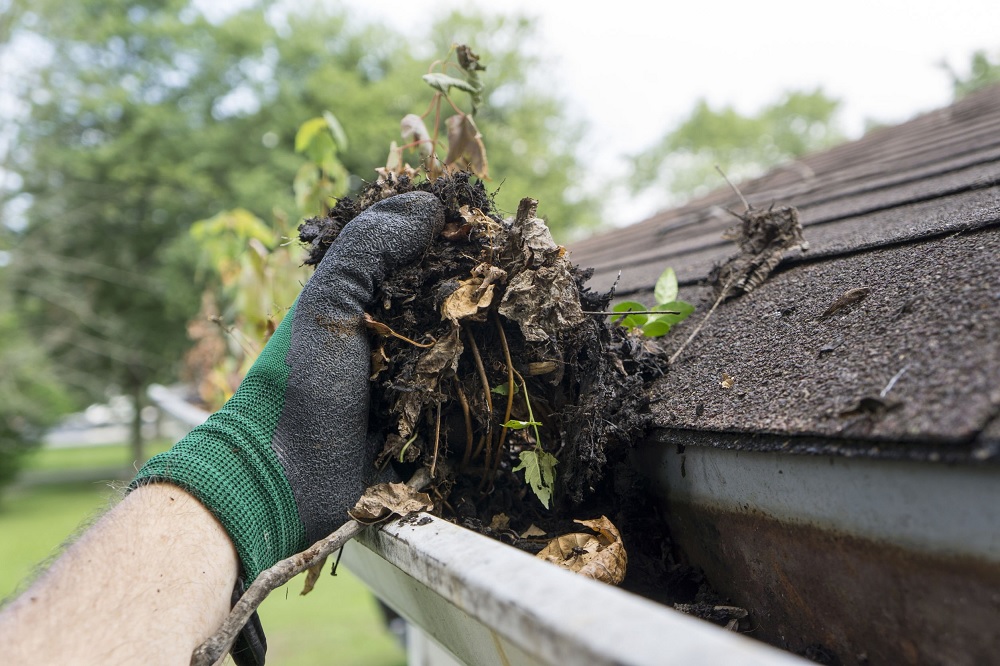There are a number of things you can do to prepare for your fence installation project, but if you are unsure of how to start, the following tips will help you make the process as smooth as possible. Check with neighbors to find out if they approve of the fence design. This can be particularly important if you have small children or pets. Make sure to inform them of the project in advance, so they can plan accordingly. Identify your budget. You might not have the budget to hire a professional, so you’ll need to use other resources.
Consider how long the project will take, and keep that in mind. If you can, choose a different fence style to lower the cost. If you’re unsure, consult with an experienced fencing contractor before you begin the project. The more details you provide the contractor, the less likely they’ll need to go back and fix any problems.
Know the height of your fence. Before you start installing, walk the line of your fence and look for any obstacles or changes in ground level. If you’re installing an aluminum fence, you can pre-measure to account for changes in ground level and order additional panels. Then, follow the steps outlined above to ensure your fence is at a proper height and is secure. Don’t forget to consider your neighbors’ concerns and make sure your fence is in line with the local code.
Establish the property line. You can only install a fence on land that belongs to you. Ensure that you have a copy of the property plat or blueprints. You’ll want to avoid the risk of crossing over neighboring property lines because of a fence installation mistake. Always ask the neighbors about their plans before you begin construction because small mistakes can cause a legal dispute. Once you know where your property line is, mark it with stakes.
Consider the climate. Different materials react differently to different weather conditions. Check the temperature and humidity of your area before selecting a material for your fence. Certain metals can rust easily while others can last for fifteen years. Concrete anchors might be required for the posts in some areas. You also need to consider the budget. Aside from knowing the cost, consider the purpose of the fence. If you’re planning on a temporary fence, it’s wise to consider the materials’ durability.
Know the local regulations and guidelines. Different cities have different requirements for fencing, including height and material restrictions. You’ll also need to check the zoning laws of your neighborhood. In some cities, it may be necessary to obtain a building permit or get a variance before you install the fence. If the fence is within your neighborhood, you should ensure that you get permission from the HOA before starting construction.



